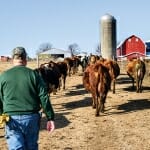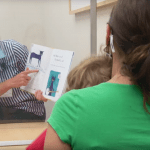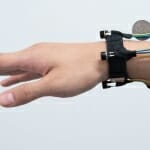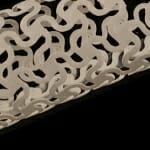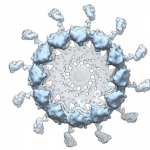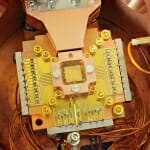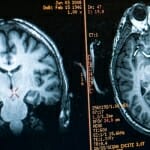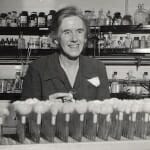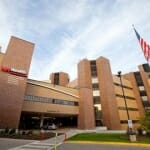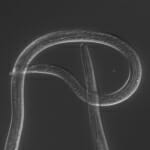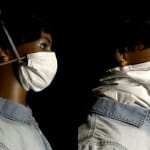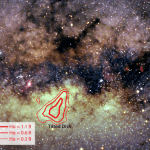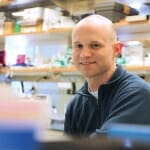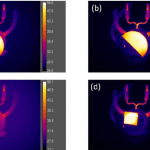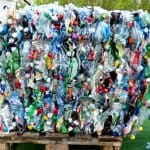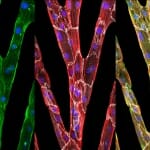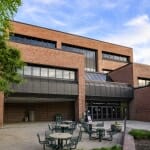Category Science & Technology
UW helps farmers reinvent themselves in challenging times
Innovations being developed today will help define the future of American dairy: what products are available, how the land and animals are cared for, and how farmers make a living.
New shield couples COVID-19 protection with a clear view of the face
The team that created the popular Badger Shield medical fac e shield has now created a new version that provides a full, clear view of the face while still filtering virus particles through surgical fabric that cinches around the wearer’s chin and jawline. And again, they're sharing it with the world.
3D-sensing wristband opens possibilities for sign language translation, virtual reality
The researchers dubbed their device FingerTrak. It can sense and translate into 3D the many positions of the human hand, including 20 finger joint positions.
Research Core Revitalization Program funds upgrades to shared resources on campus
These resources allow the university to support many investigators at once by maintaining and upgrading high-end instrumentation that would be cost-prohibitive for any single lab.
UW’s Elizabeth McCoy was a pioneer of 20th century microbiology
As a woman in a field dominated by men, McCoy rarely received the accolades that her male colleagues did, but by all accounts, she felt welcome at the university and respected by her peers.
Coughing visualization illustrates the benefits of wearing a good mask
A research team made a video of a modified mannequin whose mouth releases a puff of air containing fog, in order to see how well masks contain the fog and visualize results from testing different mask styles.
Phase 2 returns more research activity to campus
Phase 2 continues a gradual expansion of research activities while ensuring we continue to follow guidelines to minimize the impacts of the COVID-19 pandemic.
American Family Insurance Data Science Institute awards “mini grants” to advance data science
The emerging field of data science is the study, development or application of methods that reveal new insights from data. The successful projects will further research ranging from third-wave artificial intelligence to student entrepreneurship.
New approach for breaking plastics down shows promise for ‘upcycling’ them
“Thirty percent of our plastic is ending up in the environment," says chemical and biological engineering Professor George Huber. "The current plastic infrastructure is not sustainable right now.”
Forming genitals in boys requires complex dance between genes and hormones
The research helps us understand how genes and hormones interact to develop male reproductive systems, a step toward researching why disorders in these organs have become more common and how we might prevent them.

